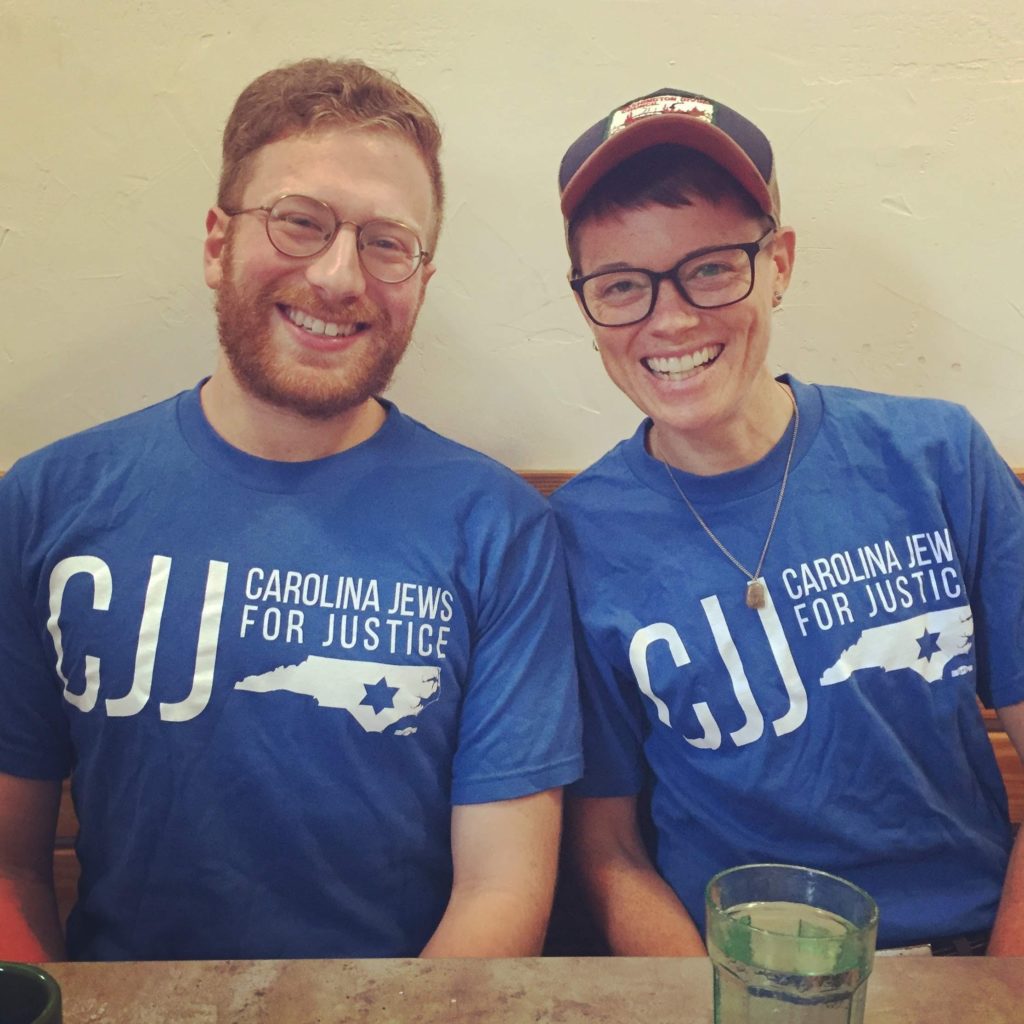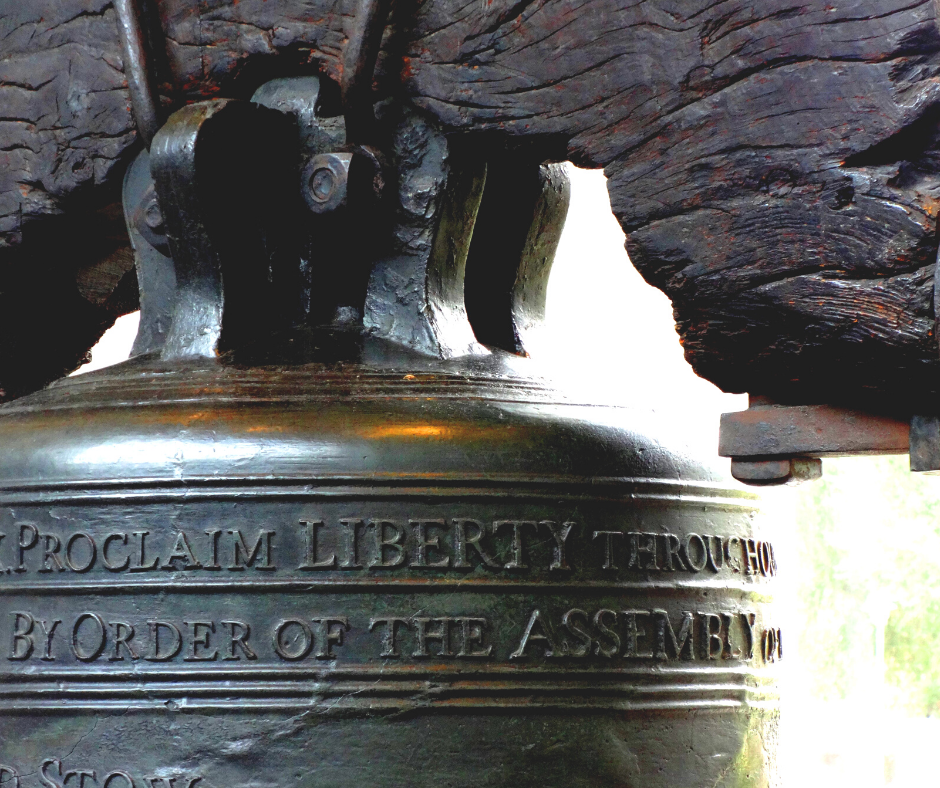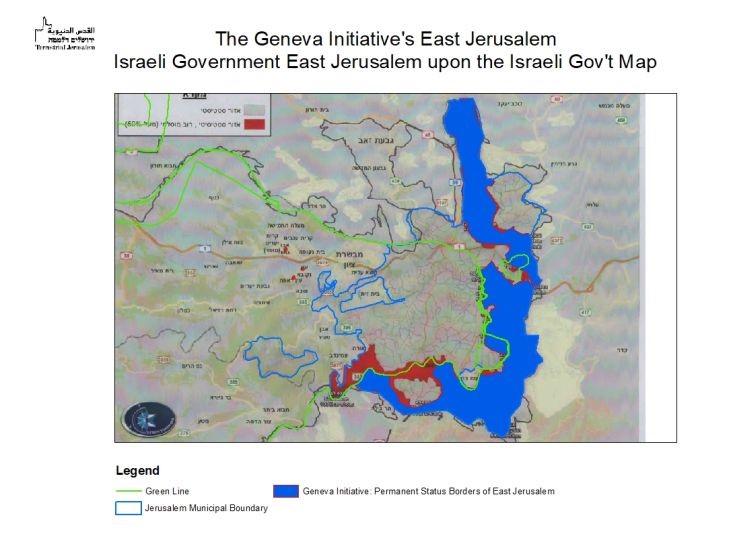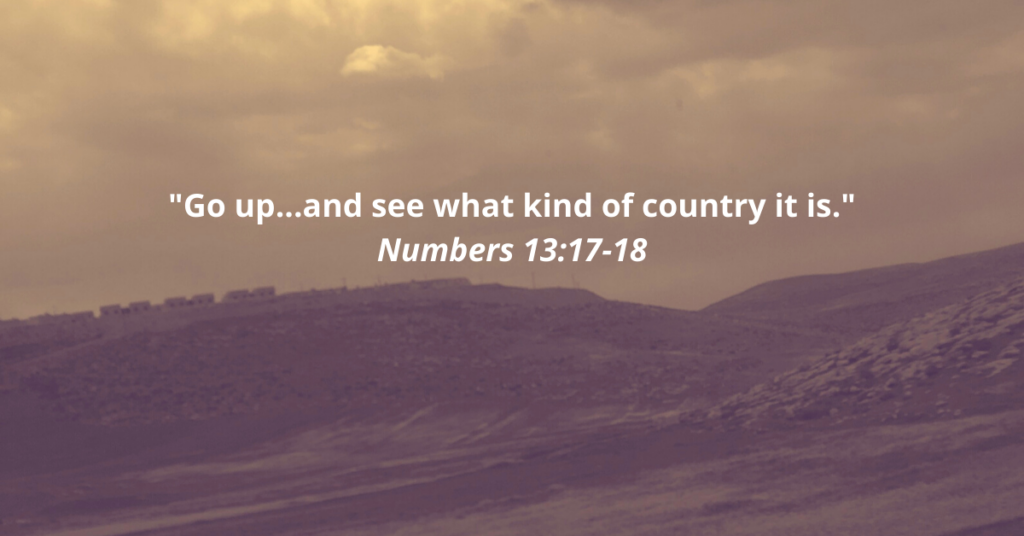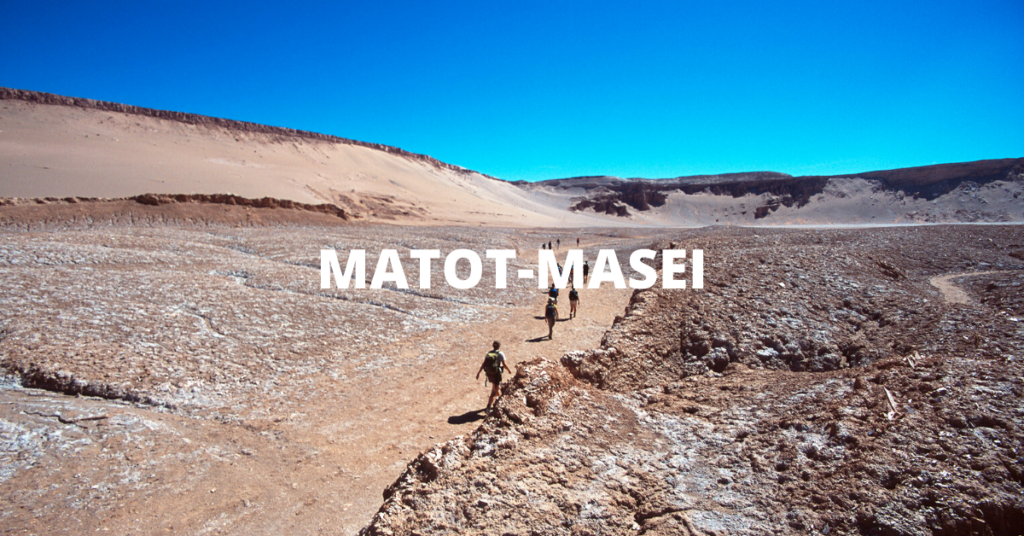
“Now We Are Free”: But Who Pays the Price?
A d’var Torah for Chol HaMoed Pesach. “Let My people go,” God famously said to Moses. We usually don’t finish the quote, which ends “…so that they may serve Me.” Freedom, the rabbis say quite plainly, is another kind of servitude. The cheirut, freedom, that the Jews achieved on Passover (z’man cheiruteinu, the time of...
read more


